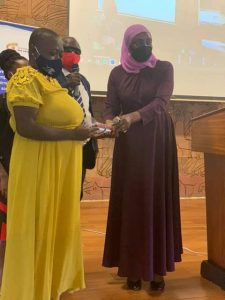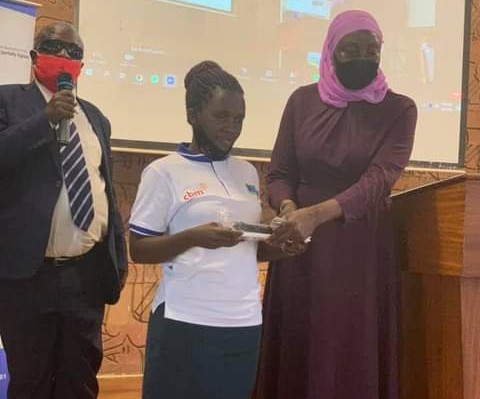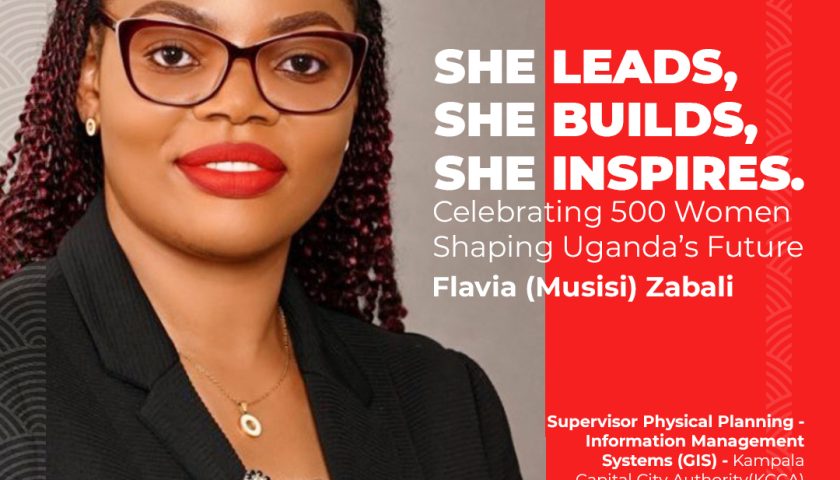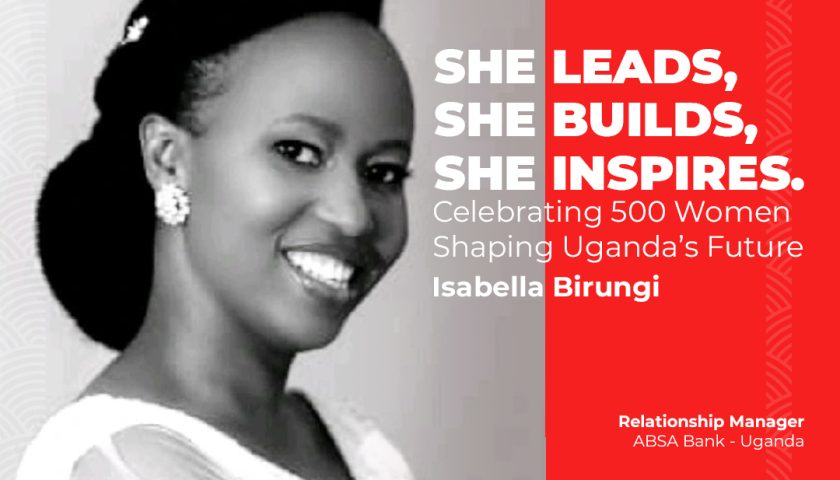The Uganda National Association of the Blind (UNAB) has appealed to government and other key stakeholders to reconsider some of the measures that were put in place in the fight against COVID-19.
The call was made by UNAB Chairman, Francise Kinubi at an event organized to mark the International White Cane Safety Day held in Kampala under the theme; “Breaking barriers to Covid-19 interventions by People with Visual impairment for inclusion”.
“As the world grapples with the impact of Covid-19 pandemic, we take this opportunity to remind all stake holders, law and policy makers to ensure designing or redesigning proper infrastructure that favors person with visual impairment,” Kinubi said.
Kinubi said that it is necessary that as all people adjust to the new normal no one must be left behind including people with visual impairment.
“In our quest to manage Covid 19 and its impact, State parties must not forget their obligation enshrined in several UN conventions on the rights of persons with disabilities. Notably, Article 9 requires countries to identify, eliminate obstacles and barriers and ensure that PWDs access their environment, transportation and other public facilities easily and safely,” Kinubi said.
Article 19 states that PWDs must be able to live independently, for them to be included positively in the communities where they live while goal 11 of the sustainable development goals stresses the importance of making Cities and human settlement inclusive and safe for all.
“It is necessary that countries strive to achieve this goal as universal access will enable us eliminate some of the challenges currently experienced by blind users of the White Cane while moving to and from work in our cities,” Kinubi said.

UNAB has thus appealed to government to ensure that all interventions to Covid-19 to address the needs of the people with visual impairment as well not living any one behind.
“When the lockdown was declared, a program of teaching/ learning by children using the media was introduced. Self-study materials were issued out to all children at home however, those materials were not accessible formats for the blind and those with hearing impairment,” Kinubi noted.
Kinubi noted that while teaching by radio, a child is expected to listen and take notes, however, those with visual impairment had no writing equipment at home because such equipment it is a school property.
He also wondered whether the isolation centres government put in place have provision of catering for the blind if one falls sick!
UNAB also appealed to people with visual impairment to understand the value of having and using the White Cane effectively, loving and respecting it for their safety, independent living.
In response, the Minister of State for PWDS and Elderly, Sarah Kayike noted that government and her Ministry will continue to see how the concerns raised by the people with visual impairment are handled.




